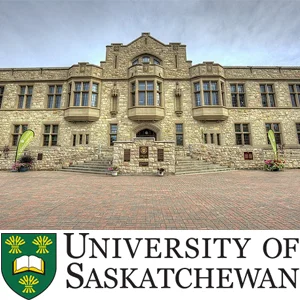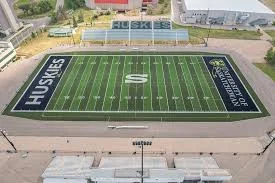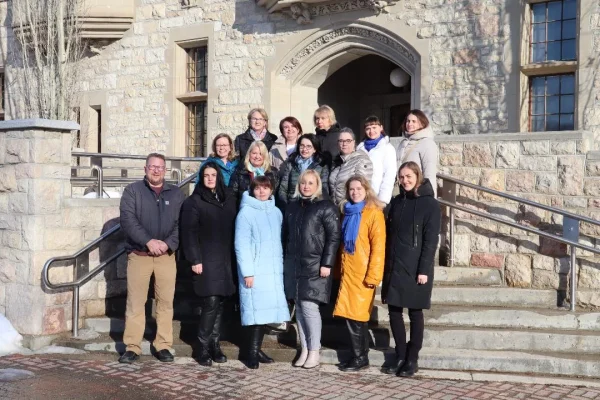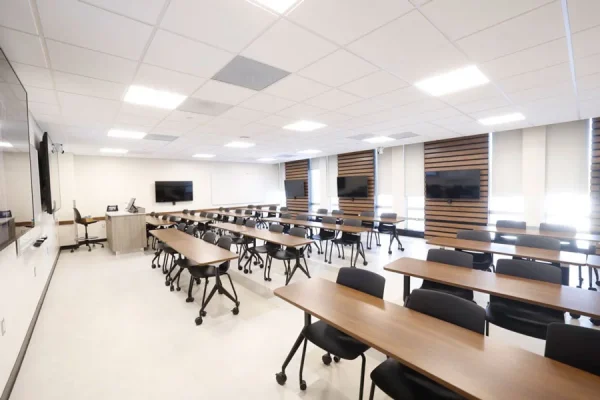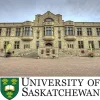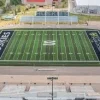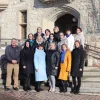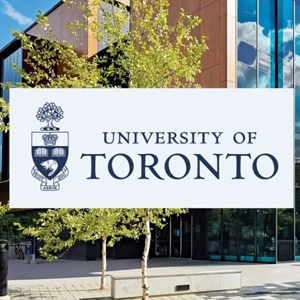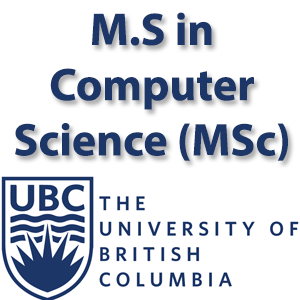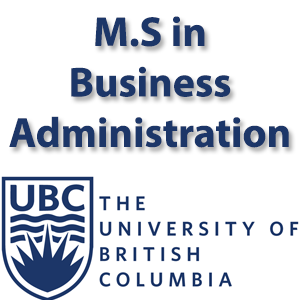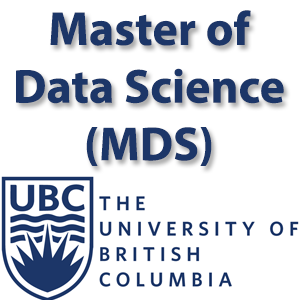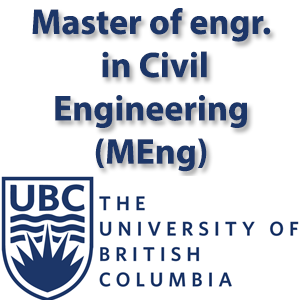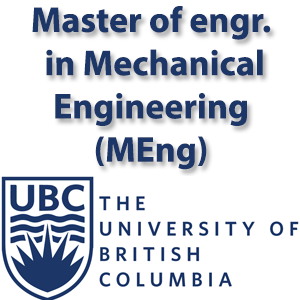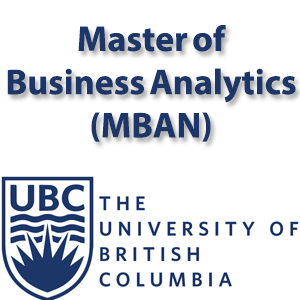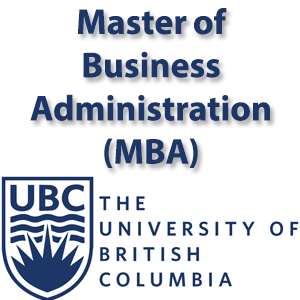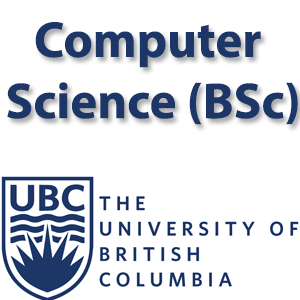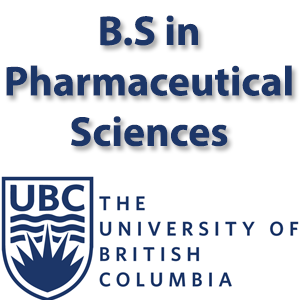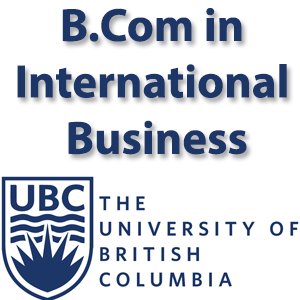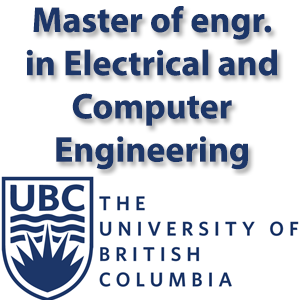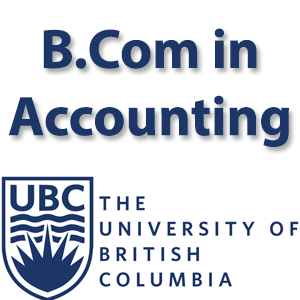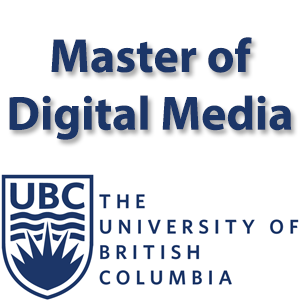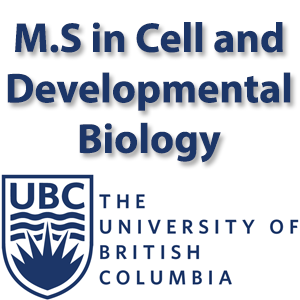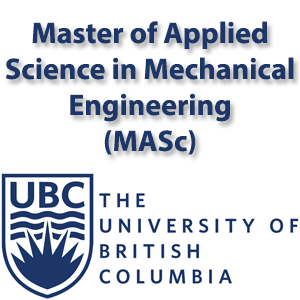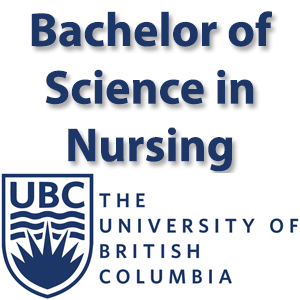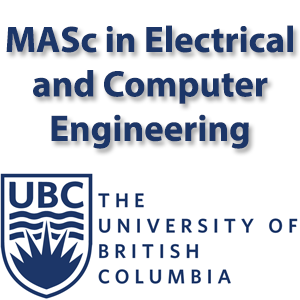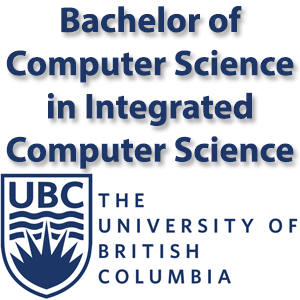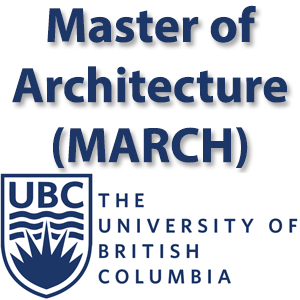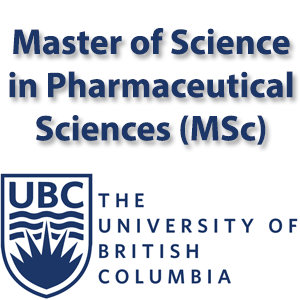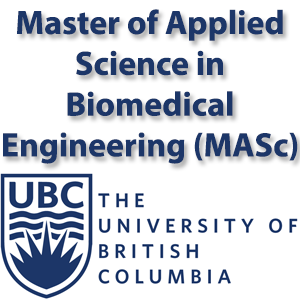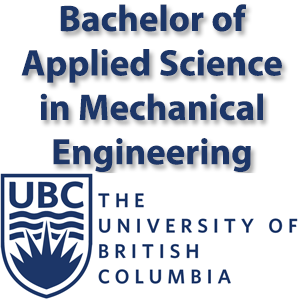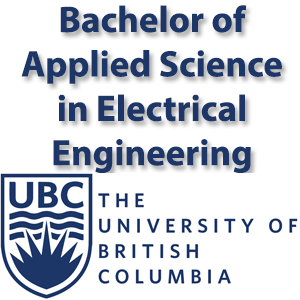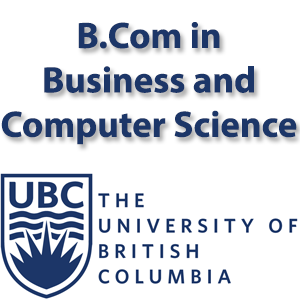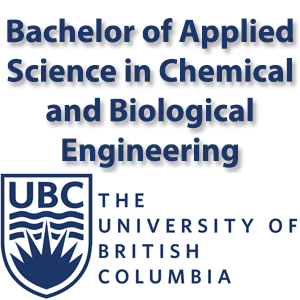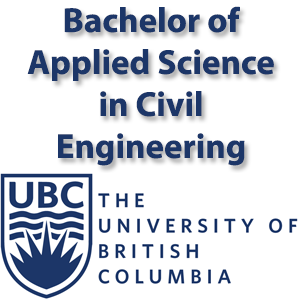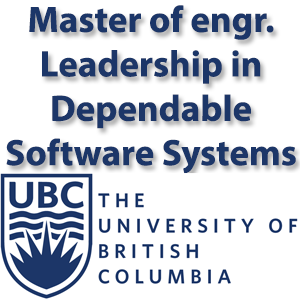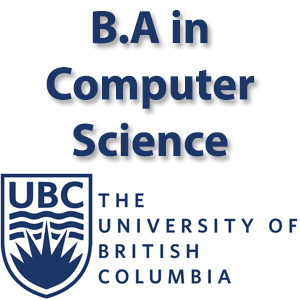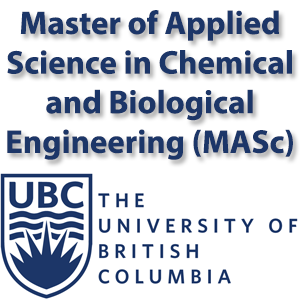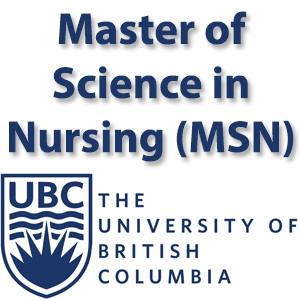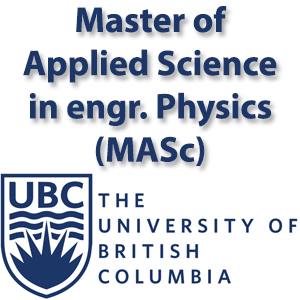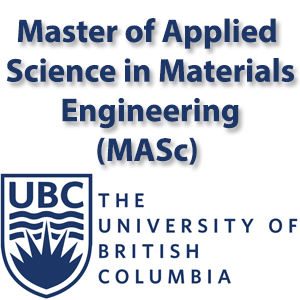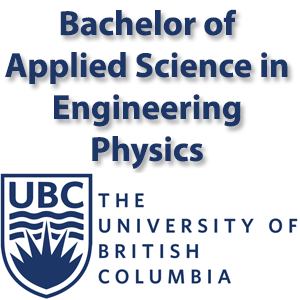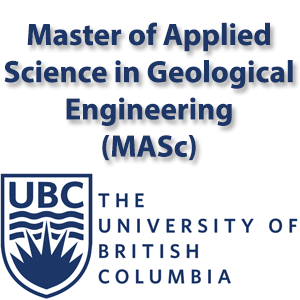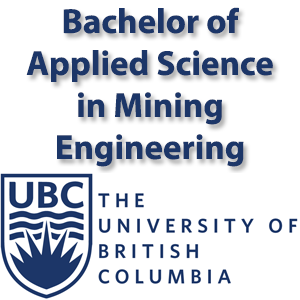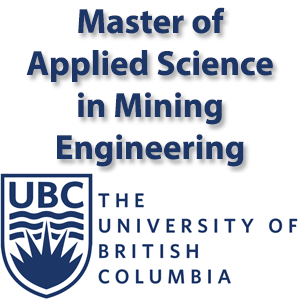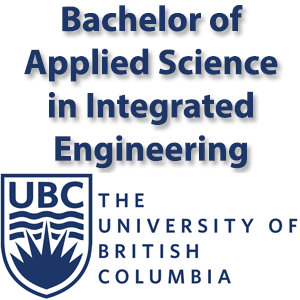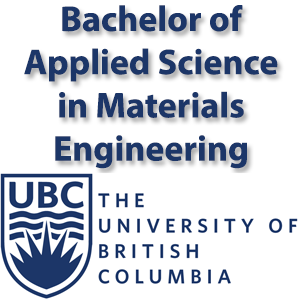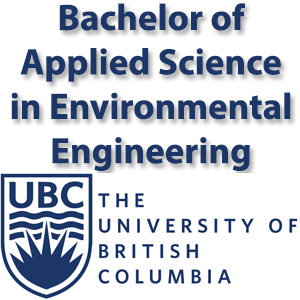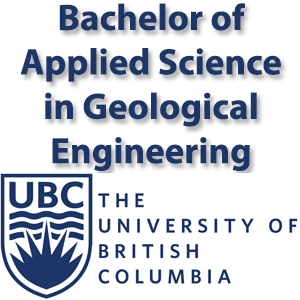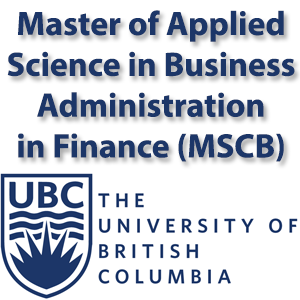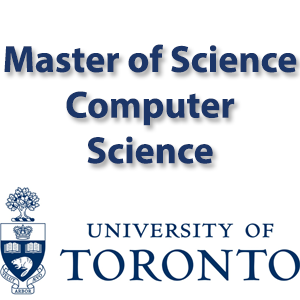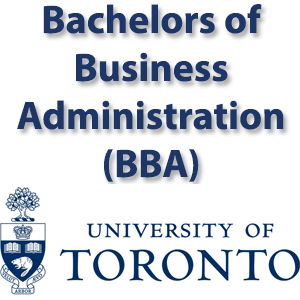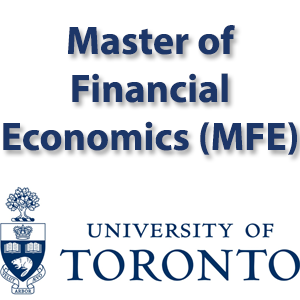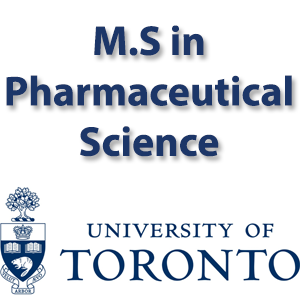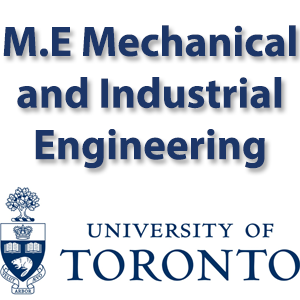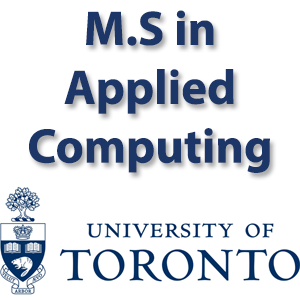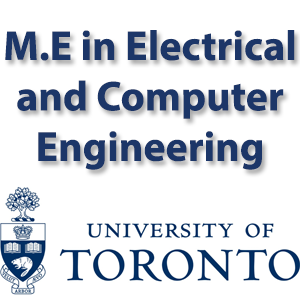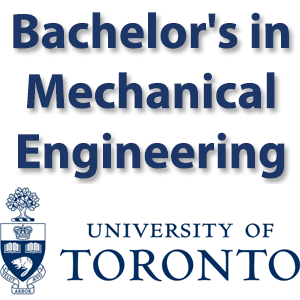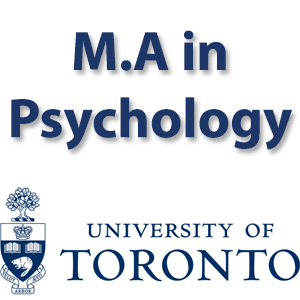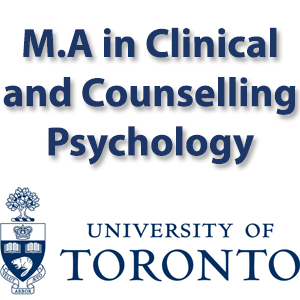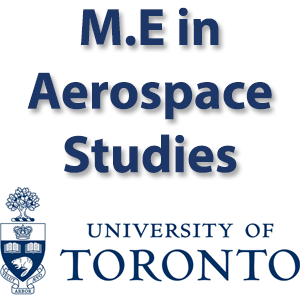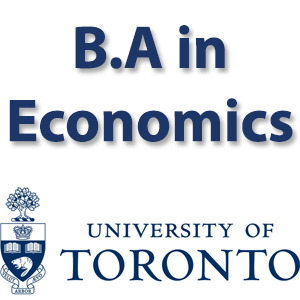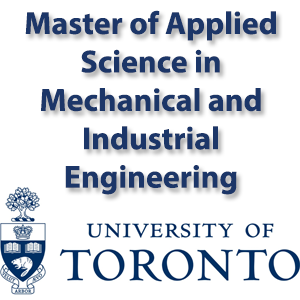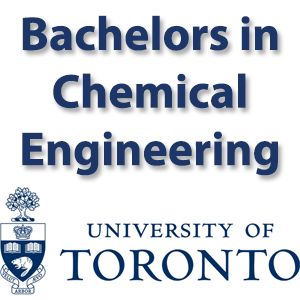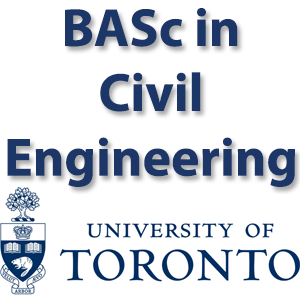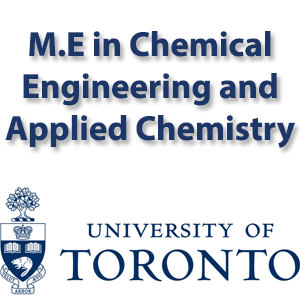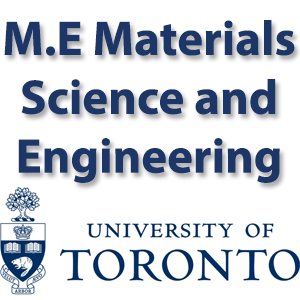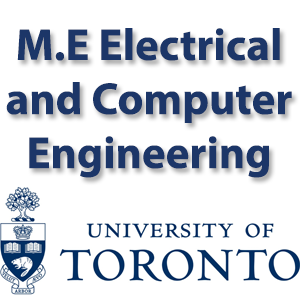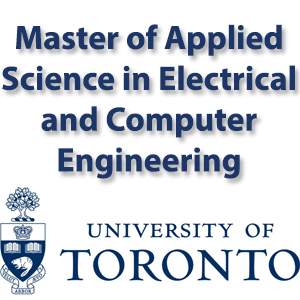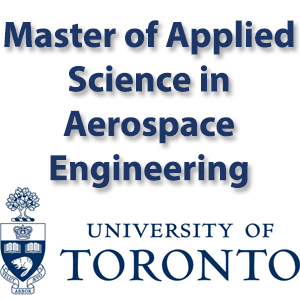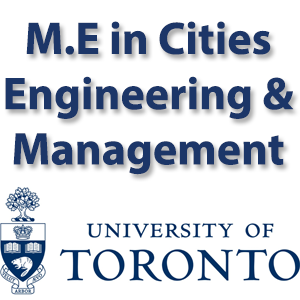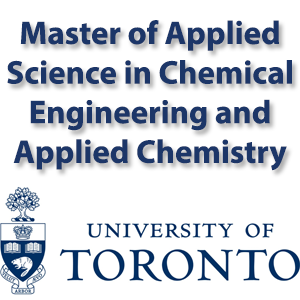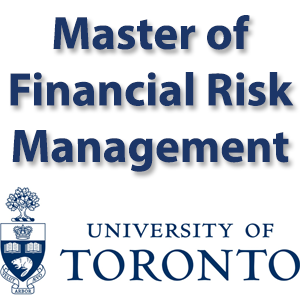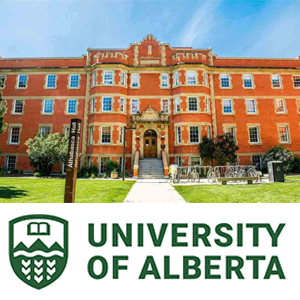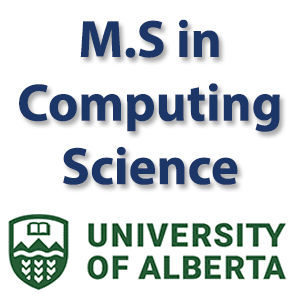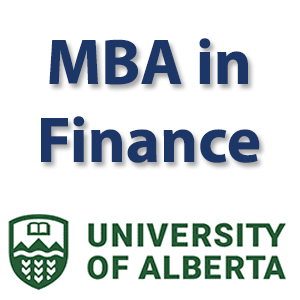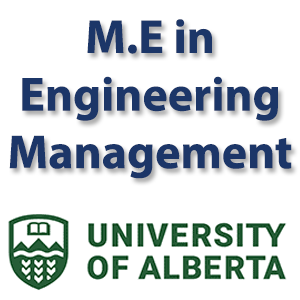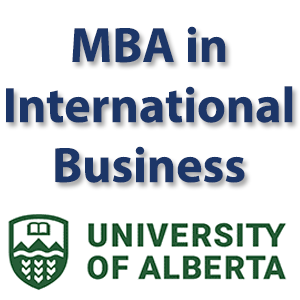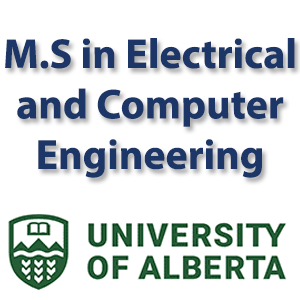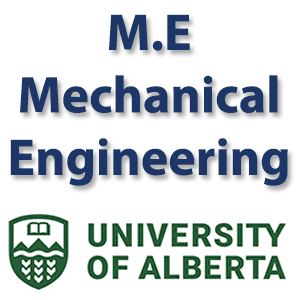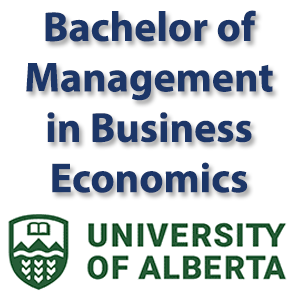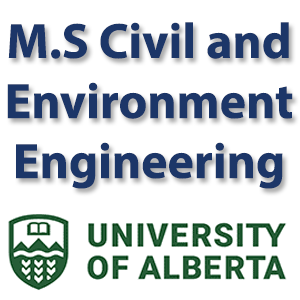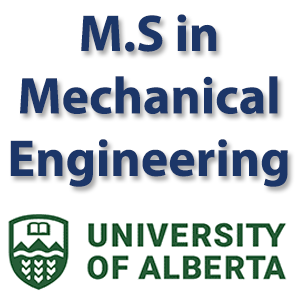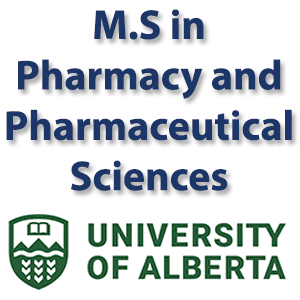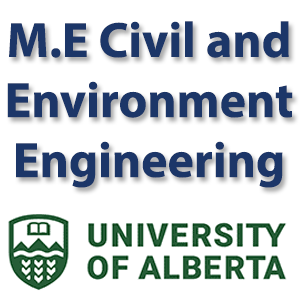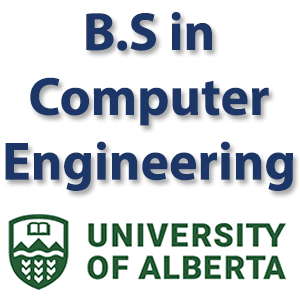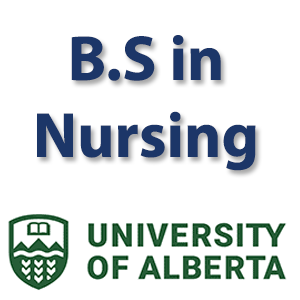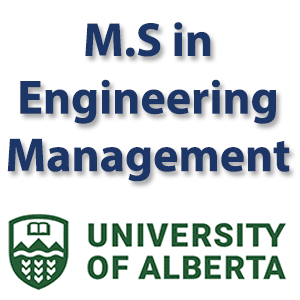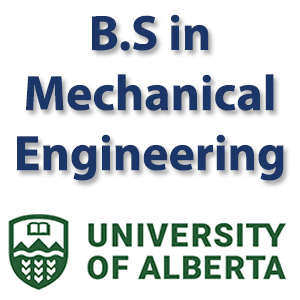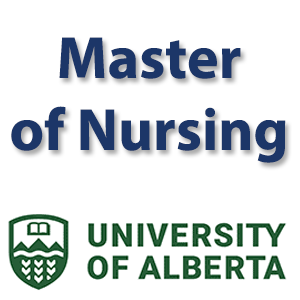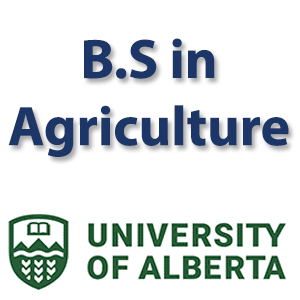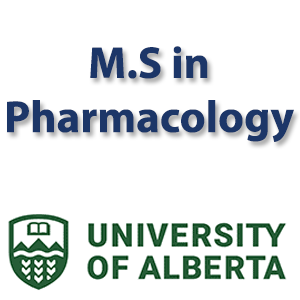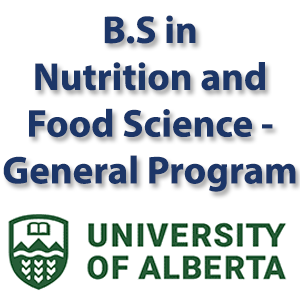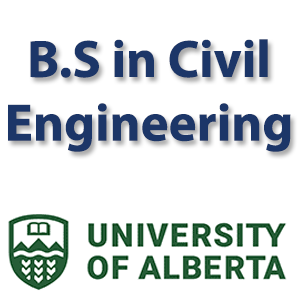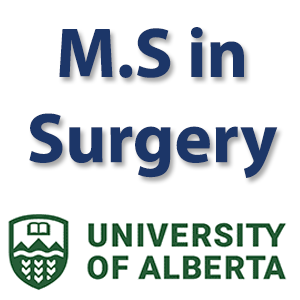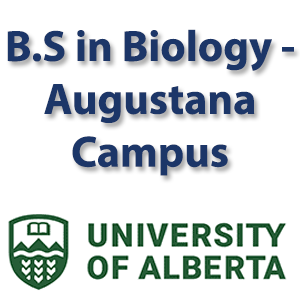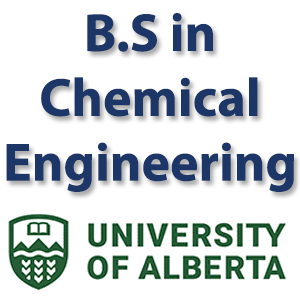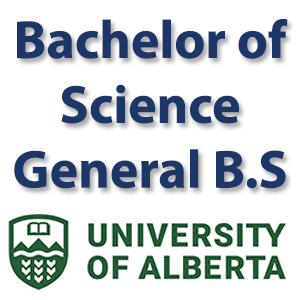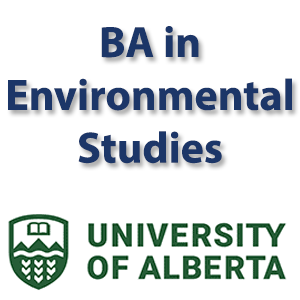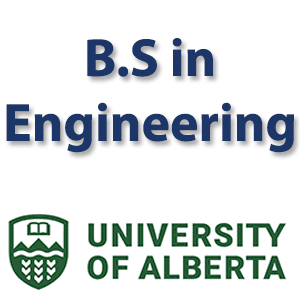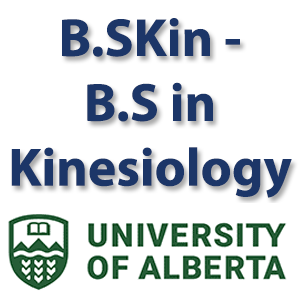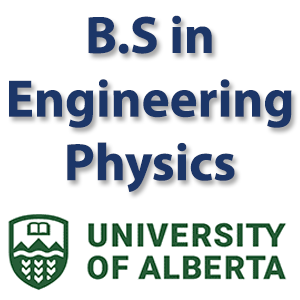Programs
Degree programs
We offer a full range of programs at the undergraduate and graduate level.
Undergraduate programs
Graduate programs
Exchange programs
If you are completing a degree at an international university, you may be able to come to USask as an exchange student. You’ll pay tuition at your home institution but come to Canada for a term or a year and take classes here.
Exchange students
Support and services
Immigration
Learn about important immigration documents that are required to study at USask. This includes your study permit.
Immigration
Scholarships
International students are considered for scholarships and awards upon admission. Unless otherwise noted, most awards are open to international applicants, and there are several awards designated specifically for international students.
Scholarships
Work in Canada
As an international student, you may be eligible to work in Canada while you study and after you graduate. You will need to follow certain regulations and might need to apply for a work permit.
Work in Canada
International Student and Study Abroad Centre
Staff at our International Student and Study Abroad Centre (ISSAC) will help you make a smooth transition with intercultural learning opportunities and one-on-one support. ISSAC also provides settlement support.
ISSAC
Agents
Many international education agents and partners have an agreement with the University of Saskatchewan and can help you with your application.
However, you are not required to use an agent to apply to the University of Saskatchewan.
If you choose to use an education agent not included on this list, please be careful about what personal information you share with them.
If your application is successful, please check your application status and confirm your offer directly on the USask application portal before making any payments or applying for a study permit.
Agents
About USask
The University of Saskatchewan’s (USask) main campus is located in the vibrant city of Saskatoon, Saskatchewan, Canada, on Treaty 6 territory and the traditional homeland of the Métis.
USask is one of the top research-intensive, medical doctoral universities in Canada, and is home to world-leading research in areas of global importance, such as water and food security and infectious diseases.
Study and discovery is enhanced by our outstanding facilities, including the:
Guided by our University Plan: The University the World Needs, we work together across disciplines and with our communities to find creative solutions to the most pressing global challenges. Our graduates, recognized for their strong work ethic, resourceful nature and determination, are leading change here at home and around the world.
- 175K Alumni
- 77 Rhodes Scholars
- 295 Order of Canada recipients
- 2 Nobel Prizes in Chemistry
- 44 Olympians
- 1 Prime Minister
Spaces on our main campus in Saskatoon support the interdisciplinary focus of our study and work, including the Gordon Oakes Red Bear Student Centre, an intercultural gathering place that helps integrate Indigenous culture on campus, and the Health Sciences Building, which incorporates eight health science fields in a practical, hands-on learning environment.
USask students come from around the world, and can become part of the USask family in communities throughout Saskatchewan, where we offer a range of programming, from introductory classes all the way through full degree programs in some disciplines.
- 25,900+ Students
- 3,400+ Self-declared Indigenous students
- 4,300+ Graduate students
- 3,100+ International students
Leadership
USask’s leadership works together to provide overarching strategic guidance and oversight, ensuring accountability and proper stewardship while advancing our mission through our university’s activities.
University Plan
The University the World Needs
nīkānītān manācihitowinihk
ni manachīhitoonaan
Our University Plan 2025 outlines a bold new direction for USask that guides our aspirations for five areas of impact to which we aspire: Transformative Decolonization Leading to Reconciliation, Productive Collaboration, Meaningful Impact, Distinguished Learners and Global Recognition.
University Plan 2025
Supporting Strategic Plans
Mission, Vision and Values
Our Mission, Vision and Values statement clarifies who we are and what is important to us. It guides our planning to achieve our vision of contributing to a sustainable future by fulfilling our mission of leading interdisciplinary and collaborative approaches to discovery, teaching and outreach.
Mission, Vision and Values
Initiatives
Our initiatives help support our University Plan.
Tuition and fees
2025-2026 tuition and fees rates
Information about 2025-26 tuition and student fee rates (September 2025 – August 31, 2026) can be found in the 2025-2026 tuition and fees rates fact sheet. 2025-2026 rates are also available in the new financial planning estimator tool. By May 2025, tuition and fees pages on students.usask.ca will be updated with 2025-2026 tuition and fee information.
2025-2026 tuition and fees rates
Tuition and fees rates below are effective from September 1, 2025 to August 31, 2026. View the archives to see tuition and fees rates for previous years. You can view your assessed tuition within PAWS.
Payment
2025-2026 tuition and fees
Undergraduate
Bachelor’s programs, including law, dentistry, medicine, pharmacy, veterinary medicine, as well as co-op or internship classes. Undergraduate tuition and fees
Graduate
Master’s and doctoral programs. Graduate tuition and fees
Diplomas and certificates
Programs assessed per course
| Program | Canadian students | International students |
|---|
| Graduate Certificate in One Health Tuition is assessed at a rate of $759.00 per 3 credit unit course for domestic students, and $1,707.70 per 3 credit unit course for international students. | $759.00 CAD | $1,707.70 CAD |
| Undergraduate Certificate in One Health Tuition is assessed at a rate of $753.00 per 3 credit unit course. | $753.00 CAD | $3,644.50 CAD |
Programs assessed a (single) program fee
| Program | Canadian students | International students |
|---|
| Certificate in Dental Assisting Additional $1,622 yearly equipment rental fee applies to all students in the Certificate in Dental Assisting program. *International tuition is not applicable for this program. | $19,048.00 CAD | * |
| Postgraduate Degree Specialization Certificate: Nurse Practitioner | $12,252.00 CAD | $27,567.00 CAD |
Programs assessed per credit unit
| Program | Canadian students | International students |
|---|
| ENVS 861, 862, 863 for non-degree seeking students This per credit unit rate applies to each of ENVS 861, ENVS 862, and ENVS 863 for non-degree seeking graduate students. | $541.00 CAD | $1,217.25 CAD |
| Graduate Certificate in Climate Change Vulnerability Assessment and Adaption Action *This program is currently not accepting new students. | $541.00 CAD | $1,217.25 CAD |
| Graduate Certificate in Community Energy Planning and Finance | $442.00 CAD | $994.50 CAD |
| Graduate Certificate in Energy Transitions | $442.00 CAD | $994.50 CAD |
| Graduate Certificate in Foundations for Registered Nurse Specialty Practice | $408.30 CAD | $918.60 CAD |
| Graduate Certificate in Governance Foundations for Sustainability | $442.00 CAD | $994.50 CAD |
| Graduate Certificate in Improving Teaching Learning in Health Professions Education Tuition is assessed at a rate of $1,827.6 per 3 credit unit course for domestic students, and $4,112.10 per 3 credit unit course for international students. | $609.20 CAD | $1,370.70 CAD |
| Graduate Certificate in Leadership | $700.40 CAD | $1,575.90 CAD |
| Graduate Certificate in Quality Teaching in Health Professions Education Tuition is assessed at a rate of $1,827.60 per 3 credit unit course for domestic students and $4,112.10 per 3 credit unit course for international students. | $609.20 CAD | $1,370.70 CAD |
| Graduate Certificate in Substance Use Health and Wellbeing | $375.66 CAD | $845.23 CAD |
| Graduate Certificate in Sustainability Solutions | $442.00 CAD | $994.50 CAD |
| Graduate Certificate in Sustainable Water Management | $442.00 CAD | $994.50 CAD |
| Graduate Certificate in Water Resources | $442.00 CAD | $994.50 CAD |
| Graduate Certificate in Water Science | $442.00 CAD | $994.50 CAD |
| JSGS Graduate Certificates (Indigenous Nation Building; Social Economy, Co-op, & Nonprofit Sector; Public Policy Analysis; Public Management; Economic Analysis for Public Policy; Science & Innovation Policy; Public Administration; Public Policy Research) Tuition is assessed at a rate of $1,829.4 per 3 credit unit course for domestic students. *International students pay a rate of $3,494.10 per 3 credit unit course. | $609.80 CAD | $1,164.70 CAD |
| JSGS Graduate Online Certificates (Public Administration; Public Management; Economic Analysis for Public Policy; Public Policy Analysis) Tuition is assessed at a rate of $3,096.30 per 3 credit unit course for domestic students. *International students pay a rate of $5,913.9 per 3 credit unit course. | $1,032.10 CAD | $1,971.30 CAD |
| STEM Accelerator Certificate Tuition is $614.10 per course for 90-level courses in Biology, Chemistry, and Physics. | $204.70 CAD | $990.74 CAD |
Prairie Horticulture Certificate
| Course | Canadian students | International students |
|---|
| HORT 13.6, 34.6, SLSC 14.6 Tuition is $803.10 per course. *Tuition is $1,204.65 per course for international non-degree certificate students. Tuition is $3,887 per course for international undergraduate students. | $803.10 CAD | * |
| HORT 14.6, 22.6, 25.6, 28.6, 36.6 Tuition is $749.00 per course. *Tuition is $1,123.50 per course for international non-degree certificate students. Tuition is $3,625.16 per course for international undergraduate students. | $749.00 CAD | * |
| HORT 15.3, 19.3, 26.3, 38.3 Tuition is $567.00 per course. *Tuition is $850.50 per course for international non-degree certificate students. Tuition is $2,744.28 per course for international undergraduate students. | $567.00 CAD | * |
| HORT 17.3, 20.3, 23.3, 27.3, 29.3 Tuition is $608.50 per course. *Tuition is $912.75 per course for international non-degree certificate students. Tuition is $2,945.10 per course for international undergraduate students. | $608.50 CAD | * |
| HORT 30.3, 33.3, 35.3, 37.3, 41.3, 42.3 Tuition is $579.00 per course. *Tuition is $868.50 per course for international non-degree certificate students. Tuition is $2,802.36 per course for international undergraduate students. | $579.00 CAD | * |
| HORT 31.6 Tuition is $749.00 per course. *Tuition is $1,123.50 per course for international non-degree certificate students. Tuition is $3,625.16 per course for international undergraduate students. | $749.00 CAD | * |
Tuition and fee adjustments
Audit students
Tuition for auditing degree-level classes is normally 50% of regular tuition for the class.
International students will be assessed a rate above the rate for Canadian students.
Graduate students auditing courses that are not required for their degrees must pay 50% of the full cost of the courses. The Prairie Horticulture Certificate Program (PHC) will be charged 100% audit tuition.
International students becoming permanent residents or having refugee status
Students who become a permanent resident (PR) or have refugee status should submit proof of their status change to Student Central.
The university will only accept Permanent Resident Cards as proof of permanent residency. The Permanent Resident Card offers many security features and is the recommended official proof of immigration status by the Government of Canada. As a permanent resident, you will normally receive the card within 60 days of becoming a permanent resident. The university will update your student record upon receipt of your card and your immigration status will be updated to reflect the day you became a permanent resident (PR).
International students claiming refugee status from within Canada, must provide the “Notice of Decision” document from IRCC confirming refugee protection status. The university will update your student record upon receipt of your documentation and your immigration status will be updated to reflect the day you obtained refugee status.
Proration of international tuition
International tuition will be prorated based on the date a student becomes a Permanent Resident (as indicated on their PR Card) or obtained refugee status (as indicated on the Notice of Decision document).
If a student becomes a PR/refugee before the payment deadline in a given term, all international tuition is removed. If a student becomes a PR/refugee after the payment deadline, international tuition will be charged for the month in which the status changed, but will be waived for any subsequent months within that term.
Fall
| Become PR/refugee by payment deadline | Become PR/refugee in October | Become PR/refugee in November | Become PR/refugee in December |
| All international tuition removed | 50% of international tuition waived | 25% of international tuition waived | No international tuition adjustment |
Winter
| Become PR/refugee by payment deadline | Become PR/refugee in February | Become PR/refugee in March | Become PR/refugee in April |
| All international tuition removed | 50% of international tuition waived | 25% of international tuition waived | No international tuition adjustment |
Spring and summer
| Become PR/refugee by payment deadline | Become PR/refugee after payment deadline | |
| All international tuition removed | 50% of international tuition waived | |
Senior citizens
Tuition, subject to certain restrictions, may be waived for persons 65 years of age and over up to a maximum of 15 credit units total during the fall and winter terms (September to April) and a maximum of six credit units total in spring and summer terms (May to August). The waiver applies to tuition only and students are responsible for any materials fees, laboratory fees, student fees and other class costs. The waiver extends to registration as an audit or credit student.
In order to qualify for the waiver, students must submit proof of age and reach age 65 by the date the class starts. The waiver does not apply to internships or co-op work placements, exchange programs, classes which are held outside Canada, graduate courses, thesis or project supervision or maintenance of status for graduate students, non-credit courses (including non-degree certificate programs), PHC courses where instructors are paid on a per student basis, courses offered as part of a contract, or programs where tuition is assessed on a program basis. If you are unsure whether your qualify for a Senior Citizen Tuition Waiver please contact Student Central.
International Baccalaureate (IB) awards
Students completing the IB Diploma Programme will be automatically be considered for these awards upon admission.
The deadline to apply for admission to be eligible for consideration is February 15.
International student awards
These awards are for international students and are awarded based on academic achievement.
Apply for admission by February 15 to be eligible for consideration:
Apply for admission by February 15 and submit your awards application by March 1:
- Canadian Curriculum Schools Awards Value: $15,000 For international students graduating from an international (non-domestic) Canadian curriculum school. Students who wish to be considered for this award must complete the Canadian Curriculum Schools Awards application in PAWS.
- Council of International School Awards Value: $15,000 For international students entering undergraduate degree programs at the University of Saskachewan who graduated from a CIS member school. Students who wish to be considered for this award must complete the Council of International School Awards application in PAWS.
Apply for admission by May 1 to be eligible for consideration:
- Indigenous students from USA awards Value: $10,000 Indigenous students from the United States will be considered automatically for these awards, which are based on academic achievement, upon admission. In accordance with the deybwewin | taapwaywin | tapwewin Indigenous Truth policy, applicants who wish to be considered for these awards must verify their Indigenous membership/citizenship with documentation. These awards will be preferentially distributed to entering students (with fewer than 18 transferable credit units of previous post-secondary study), though transfer students can be considered.
- Saskatoon International Schools Scholarship Value: $15,000 Open to full-time international students entering undergraduate degree programs at the University of Saskatchewan. Candidates must have graduated from a Saskatoon Public or Catholic school.
- International student from British Columbia award Value: $10,000 International students residing in British Columbia who apply to enter any direct-entry undergraduate program will be considered automatically for this award based on academic achievement.
- NEW: International student from Alberta award Value: $10,000 International students residing in Alberta who apply to enter any direct-entry undergraduate program will be considered automatically for this award based on academic achievement.
- NEW: International student from Ontario award Value: $10,000 International students residing in Ontario who apply to enter any direct-entry undergraduate program will be considered automatically for this award based on academic achievement.
Transfer awards
Students transferring from another post-secondary institution who apply for admission to USask prior to May 1 will be automatically considered for transfer scholarships.
Students with an awards average in the following ranges will receive:
| Your best average | Scholarship value |
| 85% or greater | $2,000 |
| 80% to 84.9% | $1,500 |
| 78% to 79.9% | $1,000 |
There is also a $2,500 transfer scholarship offered to the student with the highest transfer scholarship average from select post-secondary institutions.
Orientation and Student Supports
I’m starting First Year Engineering – what do I need to do/know?
To prepare for your first year, please review the comprehensive information available at the following link: First-Year Information.
Additionally, log into PAWS and navigate to the “Engineering Student Resources” Channel. Within this channel, select the “First-Year Resources” tab for further essential details and guidance.
What range of student supports are available on campus?
Please visit this webpage for Student Supports.
What specific academic supports are available for Engineering students?
First year students will be notified about study sessions by their course instructors. In addition, students across all academic years in the College of Engineering can also access the University Library Learning Hub on campus. The Learning Hub has specific Math & Stats help, Writing help, and important study skills help.
I am an International student – what supports are available?
For information and support, please visit the International Student and Study Abroad Centre (ISSAC) at their website or their office, Room 80 in Place Riel.
I am an Indigenous student – what supports are available?
The College of Engineering is committed to supporting Indigenous student success. For specific resources and support within the College of Engineering, please visit: https://engineering.usask.ca/indigenous.php.
For broader campus-wide information and resources available to Indigenous students, please refer to: https://students.usask.ca/indigenous/index.php.
What is Access and Equity Services (AES) and what can they help me with?
Access and Equity Services (AES) facilitates providing reasonable accommodations for students who experience barriers to their education on the basis of disability, religion, family status, and gender identity.
How do I register for Access and Equity Services (AES) Services?
To register for academic accommodations for your education, please visit the Access and Equity Services page. For additional information, you can also access the AES channel within PAWS, where you’ll find further resources and guidance.
How do I book an appointment with an Academic Advisor or the Student Affairs and Outreach Coordinator?
To schedule an appointment, use the following Engineering Student Advising Booking Page
Tip: For best user experience, we recommend accessing the page using the Chrome browser and avoid private browsing modes.
Note: If you do not see available slots for the next three weeks, be sure to check the booking system daily as new appointment slots will become available.
What kind of academic guidance or support can I anticipate from meeting with an Academic Advisor?
The College of Engineering Academic Advisors offer the following services:
- Clarify Degree Requirements: They can provide detailed information about the Bachelor of Science in Engineering (B.E.) degree requirements, university policies, and procedures.
- Guide Academic Decisions: They will support you so you are empowered to make informed decisions about your academic program and ensure you meet your degree requirements systematically.
- Address Challenges: They can serve as a resource for difficulties impacting your academic or career goals.
- Direct You to Resources: They can help you connect to the resources available to support your academic journey.
What kind of support can the Student Affairs and Outreach Coordinator provide?
The College of Engineering has a Student Affairs and Outreach Coordinator who can:
- Provide direct support to undergraduate and graduate students who are in crisis or facing challenges that are impacting their academic and personal wellbeing.
- Provide support, coaching, education, mentorship, crisis intervention, problem-solving, resource navigation, and ongoing follow-up care to support students’ holistic wellbeing.
- Link students with internal and external resources to support their needs.
- Support students with difficult academic-related conversations.
- Act as a resource on mental health and wellness and provide information to those who seek resources.
How do I obtain a confirmation of enrollment letter?
To obtain a Confirmation of Enrollment letter, log into PAWS, navigate to “My Records,” select “Proof of Enrollment,” and request the letter. The letter will be issued through MyCreds, a national electronic data exchange system used by Canadian universities and colleges. The fee for a Confirmation of Enrollment or graduation document is $10 (plus tax), allowing unlimited sharing within 120 days.
What is the procedure for reserving a meeting room or group workplaces?
To book a space in the library, use this link.
To book a meeting room in the College of Engineering, review the room features and requirements in the Engineering Resources PAWS channel and then contact esc@usask.ca to request your booking.
Registration and Scheduling
How do I register for classes and where can I find information about registration?
To register for classes and access information about the registration process, please see the following resources:
Detailed instructions for first-year students can be found at First-Year Registration Information. You may also find the video guide helpful for visual instructions.
- Upper-Year Engineering Students:
For upper-year students, visit USask’s Classes and Registration webpage for comprehensive details on registering for classes and important registration and withdrawal deadlines.
Where can I find registration deadlines?
Registration deadlines are different for first-year and upper-year students. Please use the following resources to find the deadlines relevant to you:
Log into PAWS and go to the Engineering Student Resources Channel. Check the “First-Year Resources” tab for detailed registration deadlines.
Visit Registration Deadlines for Upper-Year Students
I missed the registration deadline and am now unable to register through the system. What should I do?
After the registration deadline has passed, students need to submit an override request and pay a $35 late registration fee per class. For more details, please visit: Late Registration Information.
Where do I find a list of courses available for registration?
Log into PAWS and access DegreeWorks in your Student Academic Profile to determine your catalogue year.
Please note: First-year students register for courses in blocks and will have their schedules automatically created. They do not select individual courses or build their own schedules.
Where do I find the first-year block schedules?
To locate the first-year block schedules, please follow these steps:
- Log into PAWS.
- Select the Engineering Student Resources Channel.
- Navigate to the First-Year Resources tab.
- Scroll down on the First-Year Resources tab to find the available block schedules.
What should I do if the class (or block, for first years) I wanted to register for is full?
For First-Year Students:
- Email esc@usask.ca with your NSID and student number. Explain why you need the specific class or block. While we will do our best to accommodate your request, placement cannot be guaranteed due to capacity limits. You will be notified by email regarding the outcome.
For Upper-Year Students:
- Elective Courses: Keep checking for open seats as they may become available.
- Required Courses: Keep checking for open seat. You may also submit a course override request via this link.
- For additional support or alternative solutions, contact an academic advisor for guidance on how to proceed.
I get an error message when I try to register. What should I do?
If you encounter an error message while trying to register, follow these steps:
- Review the registration error information for guidance on common issues and solutions.
- If the error persists and you require a course override, submit a request through the course override form.
How do I submit a class override ticket/request?
To submit a class override request, please follow these steps:
- Access the online form at Class Override Request.
- Enter all required details, including your student information, the course for which you are requesting the override, and your reason for the request.
- Ensure that the appropriate approvers are added to the form.
- Submit the form through the online system and wait for your request to be reviewed and processed. You will receive email notifications when your ticket is updated.
For additional information or if you encounter any issues, please contact esc@usask.ca



